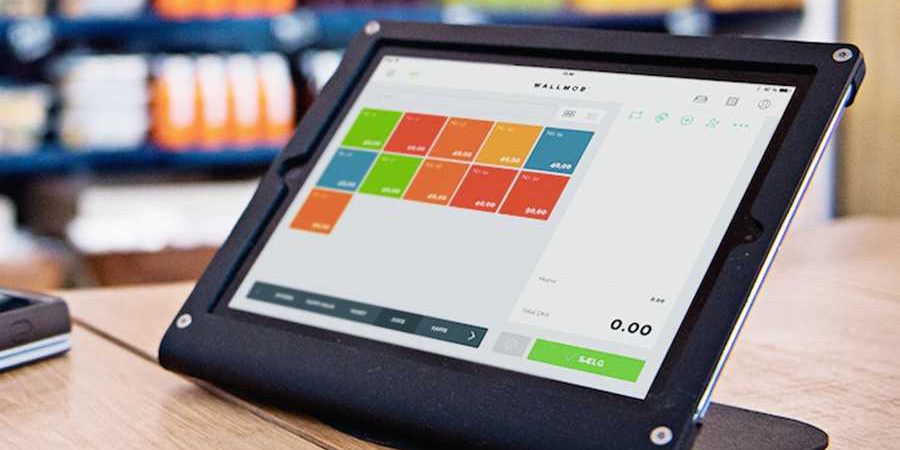A point of sale (POS) system is a computerized system that records and processes sales transactions at a retail outlet. A POS system typically includes a cash register, a barcode scanner, and a computer. The computer stores information about the products that are sold, the prices of the products, and the amount of money that is owed to the store. The computer also calculates the amount of sales tax that is owed on the purchase.
When a customer makes a purchase, the cashier scans the barcode of the product with the barcode scanner. This information is transmitted to the computer, and the price of the product is displayed on the screen. The customer then pays for the product by swiping a credit card or by depositing cash into the cash register. The computer keeps track of how much money the customer has spent, and it prints out a receipt that shows the purchase details.
A POS system can be used to process sales transactions at a retail store, a restaurant, or a hotel. A POS system can also be used to process sales transactions over the Internet.
POS systems are typically used to process transactions in a hurry, so they usually have a very simple user interface. The customer can quickly scan the barcode of the product and then pay for the product without having to enter any information into the computer. This makes the checkout process more efficient and helps to reduce the amount of time that is spent in line.
Many businesses now use POS systems to process sales transactions. This has helped to reduce the amount of paperwork that is typically associated with sales transactions. A POS system also helps to ensure that the correct amount of tax is charged on each purchase. In addition, a POS system can help businesses to track the sales of their products and to identify trends in customer behavior.
POS systems are becoming increasingly popular, and it is likely that they will continue to be used in more businesses in the future. They provide a quick and efficient way to process sales transactions, and they help to ensure that the correct amount of tax is charged on each purchase. In addition, POS systems can help businesses to track the sales of their products and to identify trends in customer behavior. This information can be used to improve the efficiency of the business and to make decisions about product pricing and marketing.







